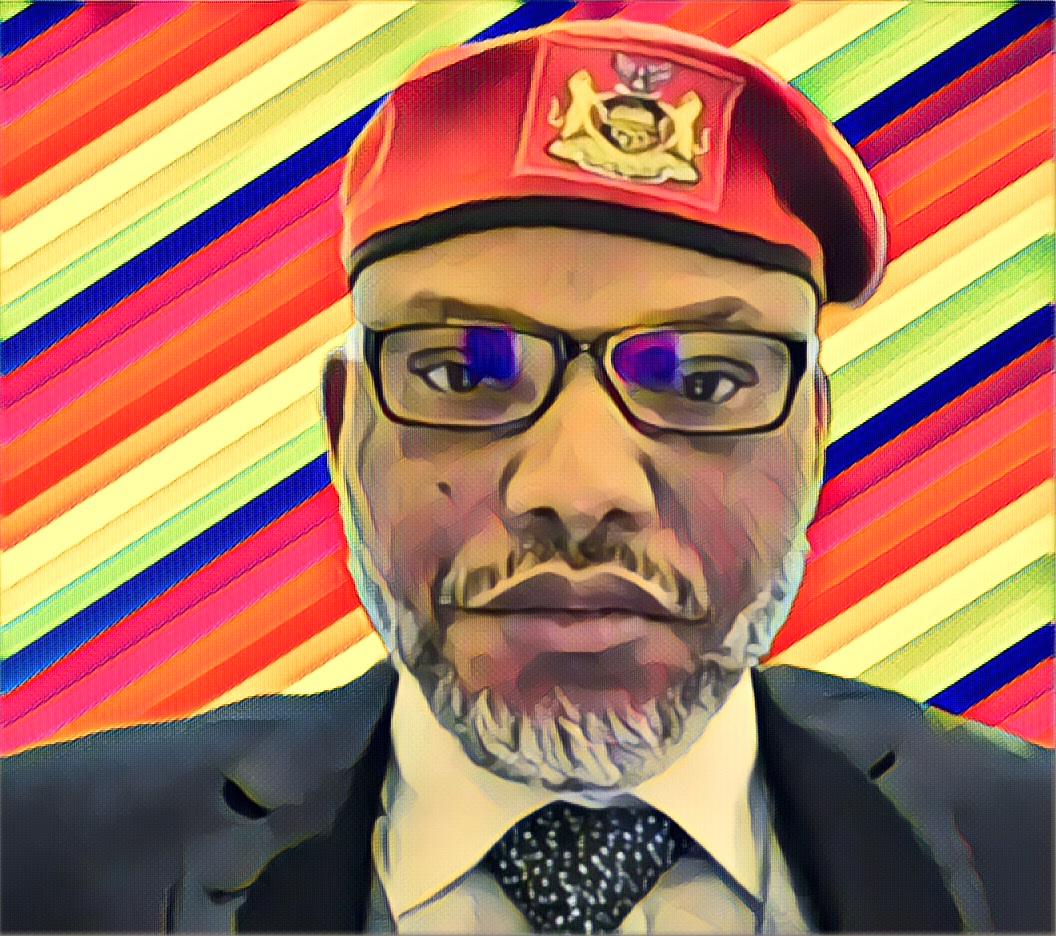The Igbo socio-political organization, Ohanaeze Ndigbo, is taking a novel approach to secure the release of Nnamdi Kanu, the leader of the Indigenous People of Biafra (IPOB). Their strategy involves engaging in peace talks with influential figures across Nigeria’s social and political spectrum, including those who may have been critical of Kanu’s actions. This initiative marks a potential turning point in efforts to resolve the ongoing tensions surrounding Kanu and the IPOB.
Broadening the Conversation: Beyond Igbo Leaders
While acknowledging the efforts of prominent Igbo leaders who have been pushing for Kanu’s release, Ohanaeze Ndigbo recognizes the need for a more inclusive dialogue. Their plan is to broaden the conversation by reaching out to key stakeholders from diverse backgrounds. This includes figures like the Oba of Lagos, Rilwan Akiolu, a respected traditional ruler in southwestern Nigeria, and the Sultan of Sokoto, Muhammadu Sa’ad Abubakar III, a prominent Islamic leader in the north. Additionally, they plan to engage with Asari Dokubo, another influential figure within the Niger Delta region.
Ohanaeze Ndigbo Secretary-General Okechukwu Isiguzoro emphasized the group’s commitment to fostering forgiveness and cooperation. These peace talks aim to create a more conducive environment for Kanu’s release. By engaging with a wider range of voices, Ohanaeze Ndigbo hopes to bridge divides and build bridges of understanding.
Seeking Common Ground and a Restructured Nigeria
The initiative also addresses the sensitive issue of separatist movements. Ohanaeze Ndigbo reiterates its unwavering stance against violence and reaffirms its call for self-determination to be pursued through peaceful means. The group expresses a willingness for Kanu to advocate for a restructured Nigeria upon his release. This suggests a potential shift in rhetoric, with a focus on reforming the federation to ensure a more equitable future for all Nigerians.
Ohanaeze Ndigbo also took this opportunity to address internal concerns about its leadership. The group condemned attempts by some to manipulate leadership positions and reaffirmed its commitment to a democratic process for selecting its representatives. This focus on transparency is crucial for maintaining the trust and confidence of the Igbo people they represent.
A Path Towards Reconciliation and National Unity
Ohanaeze Ndigbo’s initiative for peace talks signifies a potentially significant shift in strategy. By engaging with a wider range of voices, the group hopes to foster national unity and find common ground on the path to resolving the ongoing issue surrounding Nnamdi Kanu. This approach acknowledges the complexity of the situation and the need for a multifaceted solution.
The success of these talks hinges on the willingness of all parties involved to engage in open and honest dialogue. Forgiveness, understanding, and a commitment to peaceful solutions will be essential in finding a way forward. While challenges undoubtedly lie ahead, Ohanaeze Ndigbo’s initiative offers a glimmer of hope for reconciliation and a more united Nigeria.
It’s important to note that there are various perspectives on Nnamdi Kanu and the IPOB within Nigeria. Some view Kanu as a political prisoner, while others see him as a separatist agitator. The upcoming peace talks will need to address these differing viewpoints in order to achieve lasting solutions.
The success of this initiative could also have implications for the broader socio-political landscape in Nigeria. If these talks prove fruitful, they could set a precedent for resolving other ethnic and political tensions in the country.
Source: Punch


